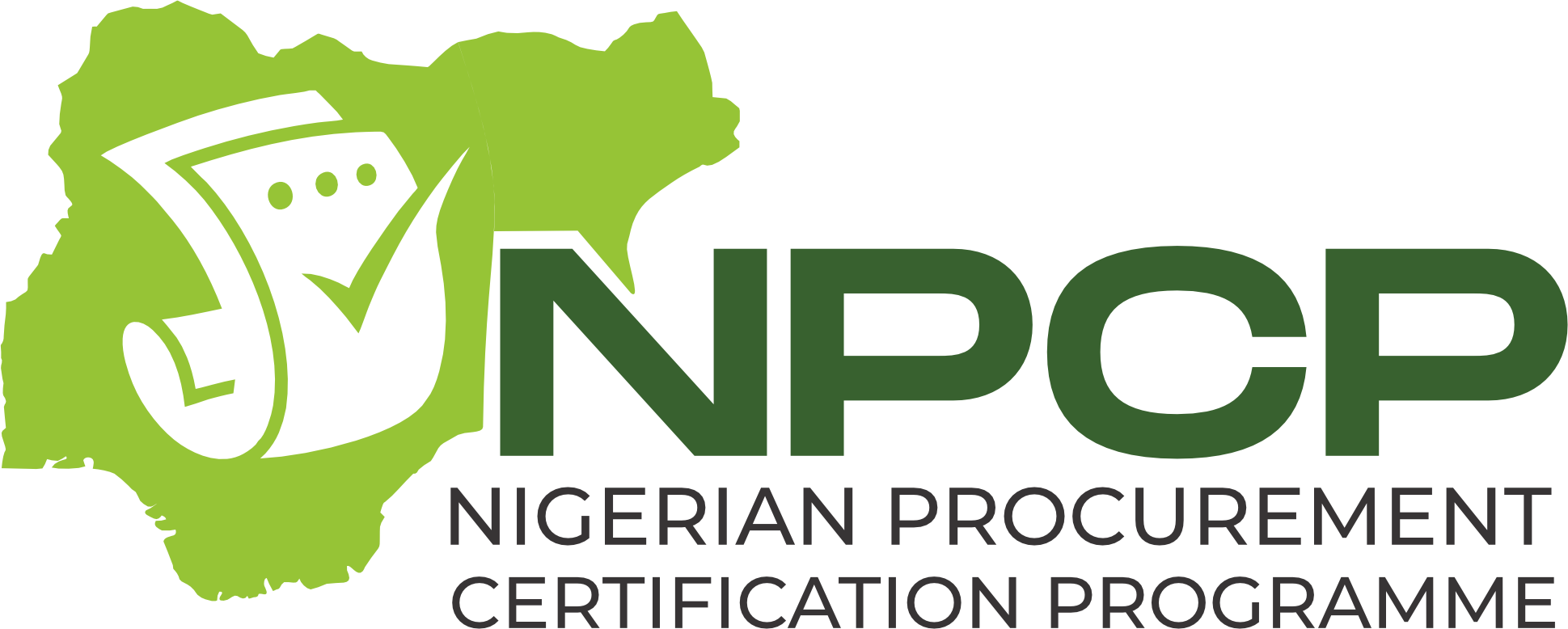Based on a World Bank-supported survey, the demand for procurement knowledge from students, job seekers, and practitioners across the public and private sectors and NGOs is substantial. The survey estimated that the demand for these programs over the next five years would be significant, underscoring the necessity for structured and sustained training initiatives to develop a competent procurement workforce in Nigeria.
The procurement professionalisation program is developed to enhance capacity building in Nigeria’s public and private sectors. It is necessitated by the shortage of competent capacities in procurement roles across government establishments, thus requiring a holistic and long-term investment in capacity building.
While there have been notable efforts by successive Nigerian governments and international bodies to improve procurement practices, significant challenges remain. Addressing these challenges requires a sustained commitment to professionalization, comprehensive capacity building, and robust regulatory frameworks to ensure efficient and effective procurement practices that can support Nigeria’s development goals.
Aside from other vital roles envisioned in the PPA 2007, the BPP is empowered by the design framework of the SPESSE program to develop a technology-based procurement training framework and strategy for career professionals, manage the progression of procurement professionals across the public sector, ensure compliance and certify procurement excellence, and accredits learning centres and faculty members. Furthermore, Section 6:3c of the PPA empowers the bureau to organize training programs for procurement professionals, develop and maintain related databases and technology, establish a single internet portal for all public sector procurement information, and coordinate relevant training programs to build institutional capacity.
In pursuit of these mandates, BPP researched and identified competent procurement institutes worldwide recognized as a leading citadel of learning and professionalization of the procurement profession globally. After an extensive search and review of institutions capable of offering the desired world-class program, the Chartered Institute of Procurement & Supply Management, UK (CIPS) was identified by the project’s Senior Procurement Specialist Consultant. CIPS was contacted, and a series of consultations were held between both parties from November 2021 until May 2024, when both parties signed a formal contract.
The primary reason for selecting CIPS as the right partner is that the institute offers a Global Standard in Procurement and Supply. The CIPS Global Standard sets the benchmark for what good looks like in the procurement and supply profession.
CIPS Global Standard is the benchmark for procurement and supply professionals. It is a comprehensive competency framework, developed through consultation with over 3,000 practitioners and academics from across the world, representing the diverse sectors and skill sets within the profession.
As a professional body of knowledge, CIPS, a not-for-profit organization that exists for the public good and is a voice of the profession, promotes and develops high standards of skill, ability, and integrity among procurement and supply chain professionals.
CIPS was established in 1932 as a not-for-profit organisation. The institute is the only independently regulated professional body that offers an honours degree level qualification. CIPS prides itself on its qualifications, which are recognised as driving leading-edge thinking and professionalism in procurement. Its MCIPS chartered professional is recognised worldwide as the standard for procurement professionals. The role of CIPS as a model flagship of procurement transformation across the world is evident in its contractual engagement by organisations and countries.
